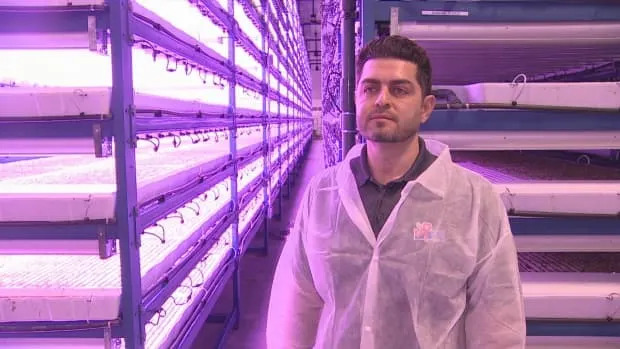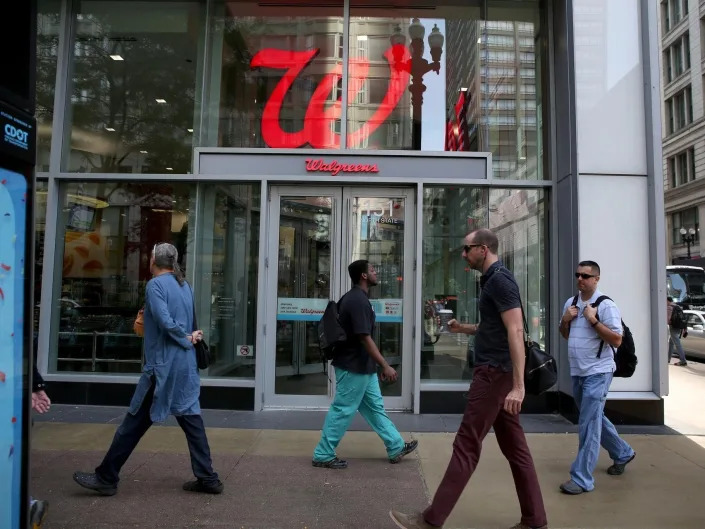Federal privacy watchdog probing OpenAI, ChatGPT after complaint about popular bot
, The Canadian Press
The federal privacy commissioner has launched an investigation into the company behind ChatGPT, an explosively popular artificial intelligence-powered chatbot.
The watchdog's office announced Tuesday that it is initiating the investigation into U.S.-based company OpenAI because it received a complaint alleging "the collection, use and disclosure of personal information without consent."
Privacy commissioner Philippe Dufresne said in a statement that artificial intelligence and its effects on privacy are a top priority, and his office must stay ahead of "fast-moving technological advances."
Dufresne's office said it won't release further details at this time, but its mandate is to publicly report on the results of investigations after they conclude.
ChatGPT, launched last November, uses written information already available on the internet to provide detailed, conversational responses to queries posed by users — and has been exploited to spit out everything from computer code to screenplays.
Microsoft is using similar, even more powerful technology from OpenAI to update its search engines and other products.
OpenAI did not respond to a request for comment about the privacy commissioner's investigation.
Prompted by The Canadian Press for its own response, the ChatGPT bot said that as an artificially intelligent language model, "I do not have access to the current responses or actions taken by the company running ChatGPT, OpenAI, regarding the investigation by the Office of the Privacy Commissioner of Canada."
The bot's response said it is common for companies under investigation to cooperate with regulatory bodies and provide information as required by law.
"OpenAI may release a public statement regarding the investigation, or they may keep the matter private until the investigation is complete," it said.
Critics have raised concerns about plagiarism, and last week, Italy's own privacy watchdog ordered a ban while it investigates a suspected breach of European data rules.
Germany's commissioner for data protection recently told a German newspaper that the country may make the same move.
The 27 nations that make up the European Union are negotiating a law that would classify artificial intelligence programs and tools based on their perceived level of risk.
The "risks and opportunities" of artificial intelligence are also being discussed during a Tuesday meeting between President Joe Biden and his council of science and technology advisors.
The White House says Biden will "discuss the importance of protecting rights and safety to ensure responsible innovation and appropriate safeguards."
ChatGPT is also the source of a matter brought to the U.S. Federal Trade Commission. In a complaint made to the consumer protection body and posted on its website, a tech ethics group says ChatGPT is a risk to privacy and public safety.
In its complaint, filed March 30, the Center for Artificial Intelligence and Digital Policy said the OpenAI technology does not meet the trade commission's requirements that artificial intelligence be "transparent, explainable, fair and empirically sound while fostering accountability."
The complaint was filed shortly after a group of tech industry stars, including Tesla, Twitter and SpaceX mogul Elon Musk and Apple's co-founder Steve Wozniak, called in an open letter for a six-month pause to companies rolling out artificial intelligence technology.
The letter, organized by the nonprofit Future of Life Institute, said that in recent months there has been an "out-of-control race to develop and deploy ever more powerful digital minds that no one — not even their creators — can understand, predict, or reliably control."
This report by The Canadian Press was first published April 4, 2023.
With files from The Associated Press.












